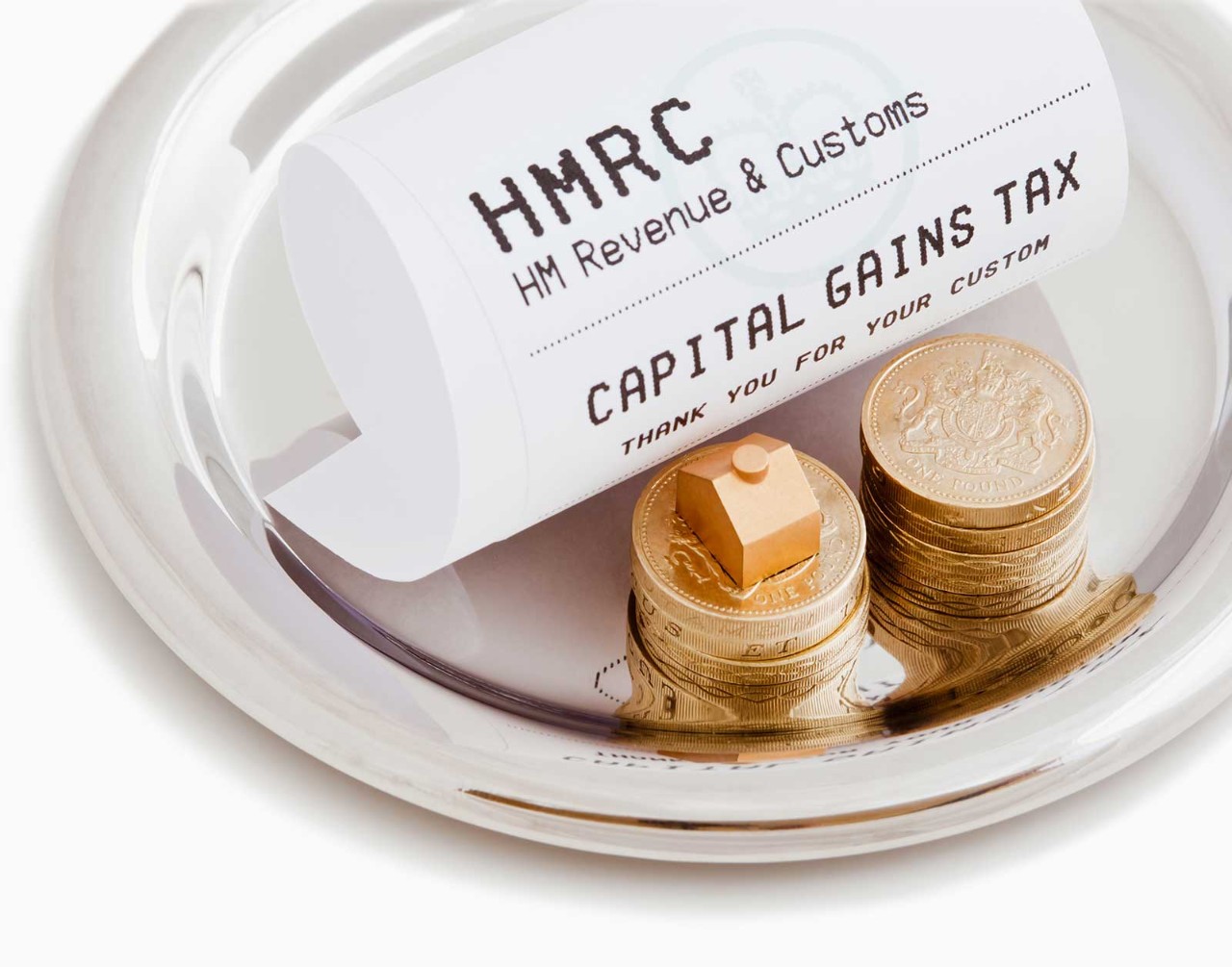
It may not have quite the ubiquity of social media or the disruptive clout of e-commerce but, as a player in the digital economy, the video game industry has plenty to shout about.
Recent research by analytics firm Newzoo estimates global revenue from consumers of video games to be €132bn in 2020 and set to surpass €165bn by 2023. This means it is on course to rival the size of the global film and music industries combined (the former worth around €83bn according to the Motion Picture Association and the latter around €16.6bn according to industry body IFPI).
Unlike the social media and e-commerce giants, the footprint of this industry is relatively light in Ireland, despite predating their presence in the country by several decades; in the late 1970s, gaming pioneer Atari operated manufacturing facilities in Counties Limerick and Tipperary.
Scoring low
According to Mark O’Sullivan, a partner with BDO Ireland and head of the firm’s R&D incentives practice, the sector’s geographical hotspots today include Dublin, with ‘a mix of large multinational organisations and numerous start-up companies. Cork and Galway are home to some large global players such as Electronic Arts and Blizzard Entertainment, while from a start-up perspective, the Strand Campus in Sligo rebranded in 2019 as a digital gaming development hub’.
While there are numerous success stories to be told, comparison with the industry elsewhere provides pause for thought.
‘The UK has a share of around 35% in the games production market in Europe versus around 1% for Ireland,’ O’Sullivan says. Research by Imirt, the Irish game developers’ organisation, points to the sector employing 50,000 in the UK compared with under 2,000 in Ireland.
‘From a foreign investment viewpoint, there is no doubt that this credit will become a key selling point that would be leveraged by organisations such as IDA Ireland in seeking to secure investment in Ireland’
While there may be a number of factors at play in this disparity, a report commissioned by the government in 2017 came to a conclusion shared by many observers of the industry that a lack of a fiscal incentive for the sector in Ireland, comparable to the UK’s video games tax relief, is pivotal among them.
It is an absence all the more surprising given the success of Section 481, the TV and film tax credit introduced in Ireland in the 1990s, which helped transform the country into a film location of choice and created many thousands of jobs and spin-off industries in the process.
Some may also ponder why the R&D tax credit regime, introduced by the government in 2004, does not provide at least some coverage for digital gaming. O’Sullivan explains that the digital gaming sector ‘typically falls short of the strict R&D definitions contained as part of that tax credit regime’. For good measure, it also falls short of the requirements of Section 481.
Tax credit on the horizon
The industry may be one of the few to celebrate 2020, then, after finance minister Paschal Donohoe announced plans in this year’s Budget ‘to commence work on the development of a tax credit for the digital gaming sector, with a view to supporting qualifying activity from January 2022 onwards’.
David Sweeney, a founder of Games Ireland, is among many welcoming the announcement but argues that there have been consequences to its perceived delay. Speaking to the Irish Times, he said: ‘I don’t think that the Irish games industry has grown anywhere near the rate it would have grown had the incentive been introduced in 2015 or 2016, which is what we were hoping for.’
O’Sullivan agrees that the delay has ceded ground not only to the UK but to other countries offering reliefs, including France, the US and Canada. While the actual form the credit in Ireland will take is as yet unknown, he argues that ‘from a foreign investment viewpoint, there is no doubt that this credit will become a key selling point that would be leveraged by organisations such as IDA Ireland in seeking to secure investment in Ireland’.
O’Sullivan also sees distinctive benefits for start-ups and smaller companies. ‘If implemented appropriately – if any credit is made available as a cash refund – this should provide SMEs and indigenous companies with the ability to continue to invest in their development activities,’ he says.
Larger package required
Shane Nolan, head of content, consumer and business services at IDA Ireland, argues that while the new tax credit will give the country an edge in a highly competitive market, it should be seen as part of a larger package.
‘The talent here is world-renowned,’ Nolan says. ‘That’s why major international gaming companies have acquired Irish ones – because of the quality of the work they do and the quality of the titles they publish.’
That work is supported by a strong flow of talent. There are 11 undergraduate games development courses currently running in the country alongside 50 more with a significant games or multimedia element. That talent may be committed to developing the industry, but it also has some increasingly tough questions to ask of it.
In early 2020, it was reported that Irish game workers had joined the Financial Services Union citing issues such as low pay, unpaid overtime and lack of security as problematic in the sector.
The industry is about to take a major step forward in 2022 but, with the tax credit issue resolved, the drive for growth may well require a fresh look at the support for the people who create it.


